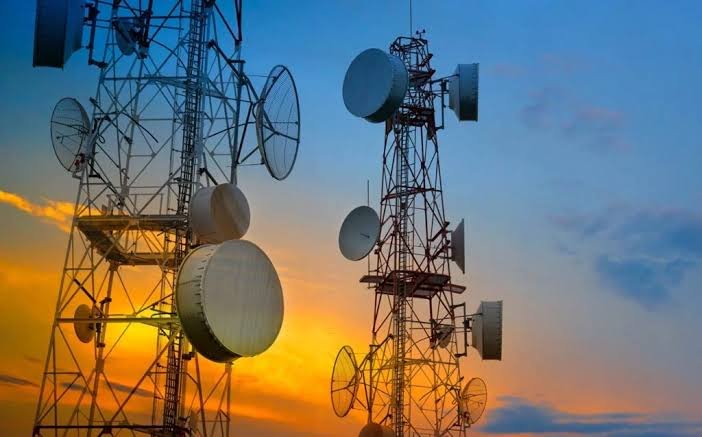After the Nigerian Communications Commission (NCC) approved a 50 percent hike in telecom tariffs, the government and telecom providers came under severe pressure. Critics began questioning the legality of the increase, arguing that the NCC failed to follow due process by not holding the mandatory public consultations required by law.
Meanwhile, the telecom industry is always under pressure, not because consumers pay less but because the government taxes more. Research found that telecom operators pay more than 40 different taxes and levies to federal, state, and local government agencies.
According to telecom analyst Okoh Aihe, excessive taxation remains a major challenge for the telecommunication industry. He argues the multiple tax burdens drive up service costs and slow down the expansion of digital infrastructure. For a country “that plans its future on a digital economy, just like most forward-looking countries of the world, such tax encumbrances and sundry levies like right of way (RoW), base station permits, and environmental charges, pose major impediments to growth and rollout of services,” he said.
Defending the government’s approval, Bosun Tijani, the Minister of Communications, Innovation, and Digital Economy, told lawmakers during the 2025 budget defence that inflation and rising operational costs made the increase necessary. “This follows broader economic trends,” he said. “When tariffs go up, consumer prices rise because of higher costs on imported goods.”
While the minister’s argument is true, especially when the approval is the first tariff increase in 12 years, the financial reports tell a story of a booming telecom industry—despite claims of rising costs. Industry data shows that telecom operators raked in ₦5.3 trillion in revenue in 2023. The sector isn’t just surviving, it’s thriving.
Meanwhile, sections 57 and 58 of the NCC Act require the commission to hold a public hearing before approving any tariff adjustments. Critics, such as the Arise News analyst Frank Tietie, claim that never happened.
Digital Products at Risk
With the new telecom rates, several digital products risk losing users, shrinking their revenue streams as production costs rise. This could make education, small businesses, and telemedicine even less accessible. A 2024 BusinessDay report already found that many Nigerians struggle with expensive internet services, and higher tariffs could widen the digital divide even further.
Fortunately, the House of Representatives has ordered the immediate suspension of the hike, citing economic hardship and poor service quality.
“The challenge in our country is that we have a sort of unwritten tradition of always passing incompetence to the Nigerian population,” said Tietie. “If our government is not doing well, the people suffer; if the government needs money, it increases taxes.”
Tietie urged the government to explore solutions such as tax incentives and reduced regulatory fees to help telecom operators manage costs without passing the burden onto the consumers.














